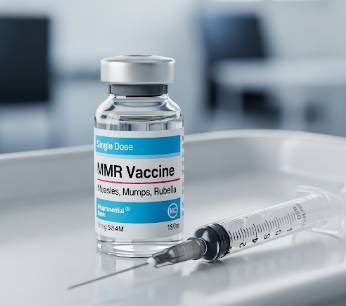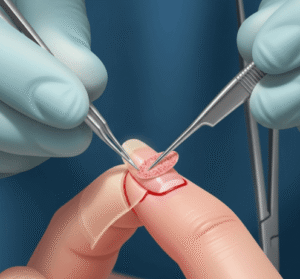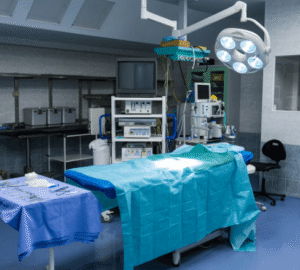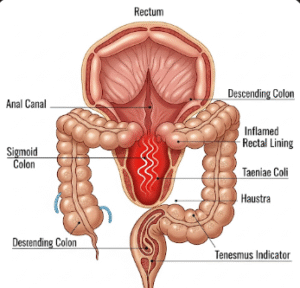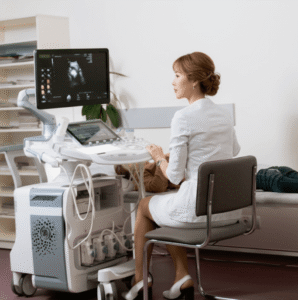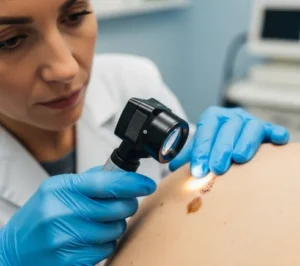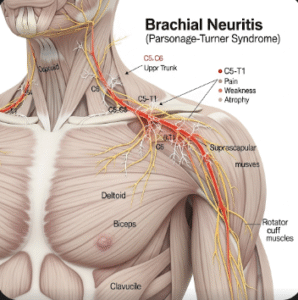What it is
The MMR vaccine is a combined immunization that protects against measles, mumps, and rubella—three highly contagious viral infections.
Key points:
- Administered via subcutaneous injection.
- Provides long-lasting immunity against all three diseases.
- Part of routine childhood immunization schedules in many countries, including Korea.
- Can also be given to adolescents and adults who have not been previously vaccinated or lack immunity.
Why it’s done
The MMR vaccine is given to:
- Prevent measles: Highly contagious; can cause fever, rash, pneumonia, or encephalitis.
- Prevent mumps: May lead to swollen salivary glands, orchitis, meningitis, or hearing loss.
- Prevent rubella: Especially important for pregnant women, as infection can cause congenital rubella syndrome in newborns.
- Control outbreaks: Mass vaccination reduces community transmission.
Note: Immunization is most effective when administered according to recommended age schedules.
Alternatives
Other preventive options include:
- Separate single vaccines for measles, mumps, or rubella (rarely used now).
- Passive immunization: Administered to high-risk exposed individuals, e.g., immune globulin for measles.
- Preventive measures: Isolation during outbreaks, hand hygiene, and avoiding contact with infected individuals.
Important: The combined MMR vaccine is preferred due to efficiency, safety, and comprehensive protection.
Preparation
Preparation for the MMR vaccine is simple:
- Medical history review: Inform healthcare providers of allergies, previous reactions to vaccines, or immune disorders.
- Medication check: Some immunosuppressive medications may require adjustment.
- Consent: Patients or guardians should understand benefits, schedule, and potential side effects.
Patient instructions:
- Wear short-sleeved clothing for easy access to the upper arm.
- Report any current illnesses or fever before vaccination.
- Ensure completion of previous vaccine doses for children.
How it’s done
The MMR vaccine is administered via subcutaneous injection:
- Site preparation: Clean the upper arm or thigh with antiseptic.
- Injection: The vaccine is delivered under the skin.
- Observation: Patients are observed for 15–30 minutes for immediate reactions.
- Schedule:
- First dose: Typically at 12–15 months of age.
- Second dose: At 4–6 years of age or as catch-up if missed.
- Adults without immunity may receive two doses at least 28 days apart.
Duration: The procedure takes a few minutes.
Recovery / Post-Vaccination Considerations
Post-vaccination care is minimal:
- Mild side effects may occur:
- Pain, redness, or swelling at the injection site
- Low-grade fever
- Mild rash or temporary joint stiffness
- Normal activities can be resumed immediately.
- Follow-up: Ensure the full vaccine series is completed for optimal protection.
Benefits:
- Provides long-lasting protection against measles, mumps, and rubella.
- Reduces the risk of severe complications, including encephalitis, infertility, and congenital rubella syndrome.
- Helps achieve herd immunity and prevent outbreaks.
Complications / Risks
The MMR vaccine is generally safe, with rare serious adverse events:
- Mild reactions: Injection site redness, swelling, or mild fever.
- Rash or temporary joint pain: Usually resolves within a few days.
- Severe allergic reactions: Extremely rare; may include difficulty breathing, swelling, or rash.
- Other rare events: Febrile seizures, thrombocytopenia, or temporary joint inflammation.
Prevention / Management:
- Administered by trained healthcare professionals.
- Observation post-vaccination allows prompt management of rare reactions.
- Report any unusual or severe symptoms immediately.
Treatment Options in Korea
The MMR vaccine is widely available in pediatric clinics, hospitals, and public health centers across Korea:
Key features:
- Part of national immunization programs for children.
- Recommended for catch-up vaccination in older children, adolescents, and adults lacking immunity.
- Administered by qualified healthcare providers following official schedules.
- Supports preventive healthcare, outbreak control, and public health safety.
- Ensures comprehensive protection against measles, mumps, and rubella for individuals and communities.
Summary: The MMR vaccine in Korea is a safe, effective, and essential preventive measure against measles, mumps, and rubella. With timely vaccination, adherence to the full schedule, and expert guidance, individuals benefit from long-lasting immunity, reduced risk of complications, and enhanced public health outcomes.

